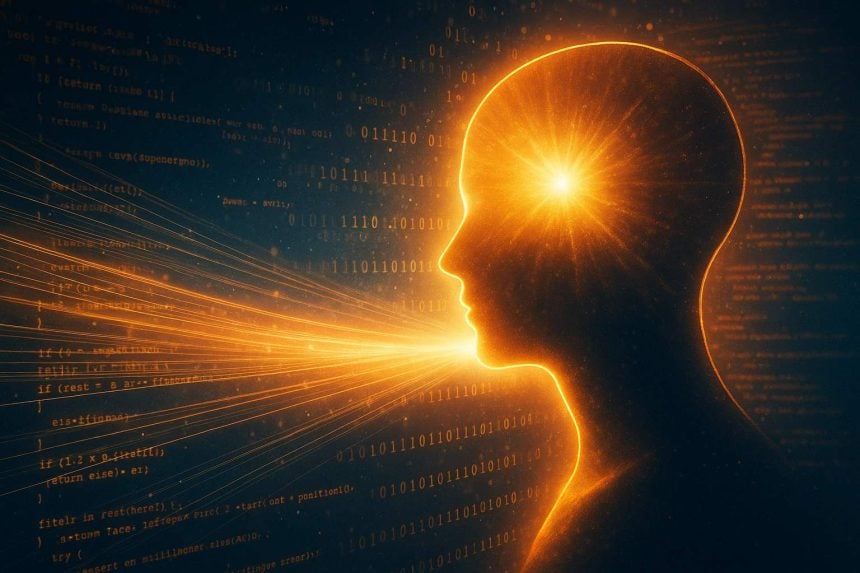A digital awakening
Before 2018, most people browsed, liked, and shared without thinking twice about where their data went.
The Internet felt open, friendly, and democratic — a tool for connection and discovery.
Then came the revelation that our digital lives had been quietly harvested and sold to shape our beliefs, votes, and emotions.
The Cambridge Analytica scandal pulled back the curtain.
It showed that the platforms we trusted were not neutral; they were business machines built on behavioral surveillance.
The human cost of convenience
The Internet’s greatest promise — personalization — turned out to be its greatest trap.
Every time users clicked “accept,” they exchanged privacy for convenience.
The scandal revealed how this trade-off could be exploited on a massive scale.
What we thought were harmless likes and shares became psychological fingerprints.
These digital traces were used to craft messages that spoke directly to our fears and desires, manipulating entire populations without their knowledge.
The turning point for tech
The fallout was immediate and global.
Facebook faced congressional hearings, billions in fines, and a massive public backlash.
Tech companies everywhere began rebranding around “privacy” and “transparency” — words that had long been missing from their vocabulary.
But beyond public relations, the scandal forced Silicon Valley to confront a moral reckoning:
What happens when innovation outpaces ethics?
The rise of data rights
Out of this reckoning came a new movement: data rights.
Activists and lawmakers began to argue that personal data should be treated as an extension of human identity — something that belongs to the individual, not the corporation.
The GDPR in Europe became the first global milestone, granting citizens the right to access, delete, and control their data.
Other regions soon followed with similar frameworks, from California’s CCPA to Brazil’s LGPD.
New values in the digital age
The world’s relationship with technology changed after Cambridge Analytica.
“Move fast and break things,” once Facebook’s unofficial motto, gave way to “move carefully and protect users.”
Ethics, once an afterthought, became a selling point.
The scandal shifted public consciousness.
Users began demanding transparency from companies, accountability from governments, and autonomy over their online lives.
Media literacy as digital defense
Another consequence of the scandal was a renewed focus on media literacy.
Schools, NGOs, and journalists began teaching people how to identify misinformation, understand algorithms, and think critically about the content they consume.
In the information age, awareness became the first line of defense — not firewalls or antivirus software.
How Cambridge Analytica changed politics
The scandal forced democracies to confront an uncomfortable reality: elections could be swayed not through persuasion, but precision.
Data-driven campaigning blurred the line between influence and manipulation.
Governments around the world began implementing stricter regulations on political advertising and social media platforms.
The era of unregulated digital campaigning was over — or at least, no longer invisible.
The cultural impact
Pop culture responded too.
Documentaries like The Great Hack and The Social Dilemma turned complex data issues into accessible stories about power, control, and humanity.
The Cambridge Analytica story became a symbol — a modern myth about the cost of living online.
It inspired filmmakers, writers, and artists to explore the intersection of technology, ethics, and freedom.
From outrage to action
For many, the scandal was the first time they realized that data privacy wasn’t abstract — it was personal.
Outrage evolved into activism.
People started deleting apps, using ad blockers, and exploring decentralized alternatives.
It didn’t end data exploitation, but it created resistance — a growing culture of digital self-defense.
The Internet we’re building now
The post-Analytica Internet is still far from perfect, but it’s more self-aware.
New technologies like Web3 and decentralized identities aim to return control to users.
Regulators are watching closer, journalists are investigating deeper, and the public is more skeptical than ever.
The Internet is evolving — not just technically, but morally.
The lasting lesson
The scandal taught the world that data is not a resource to be extracted but a reflection of who we are.
Protecting it means protecting our autonomy, our democracy, and our humanity.
Cambridge Analytica may have fallen, but the questions it raised will define the digital century:
Who controls information?
Who benefits from it?
And who gets to decide the truth?
Takeaway: The Cambridge Analytica scandal was more than a violation of privacy — it was a moment of collective awakening.
It forced the world to confront the consequences of a data-driven society and set the stage for a new era of digital ethics, awareness, and accountability.







